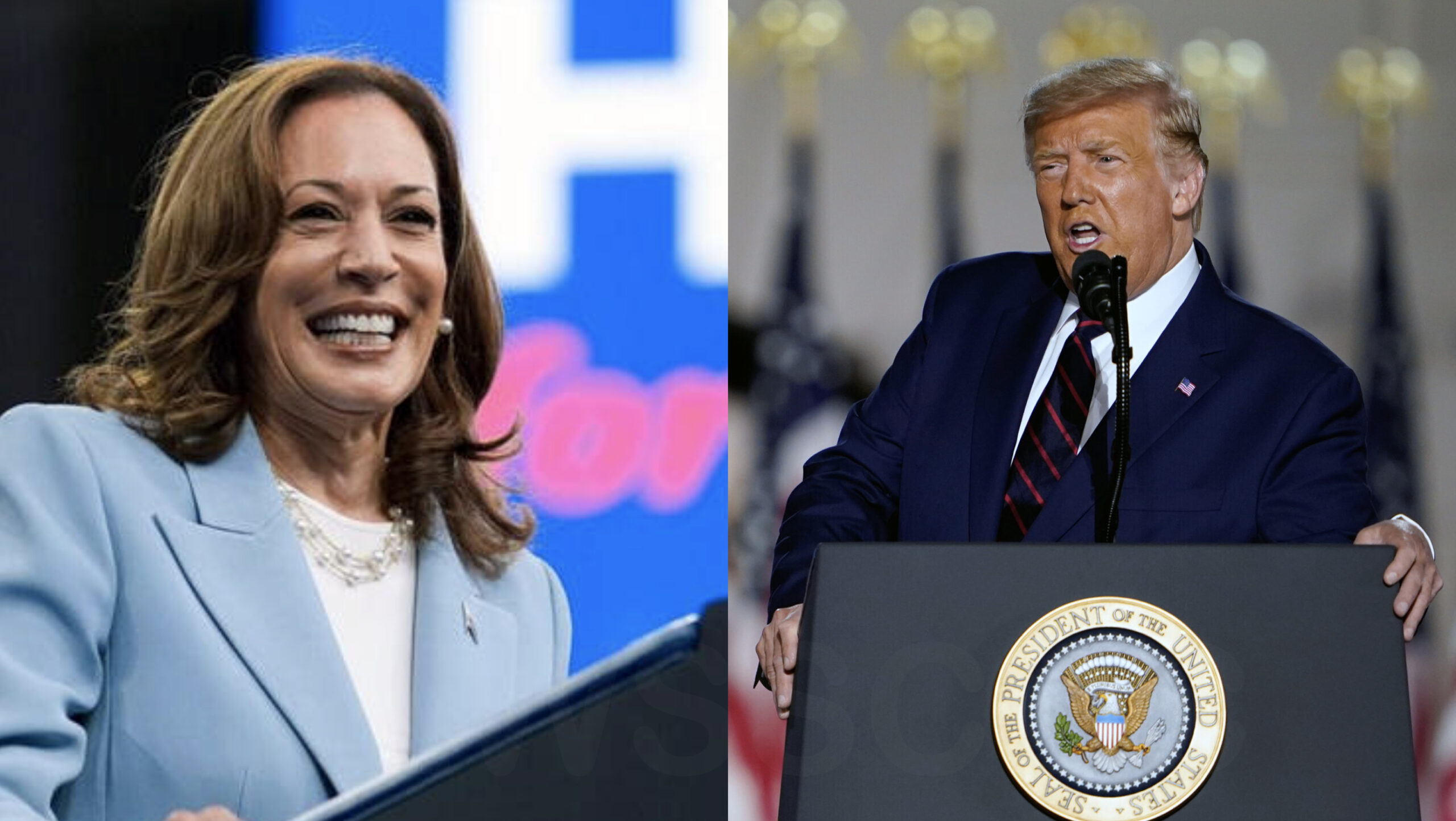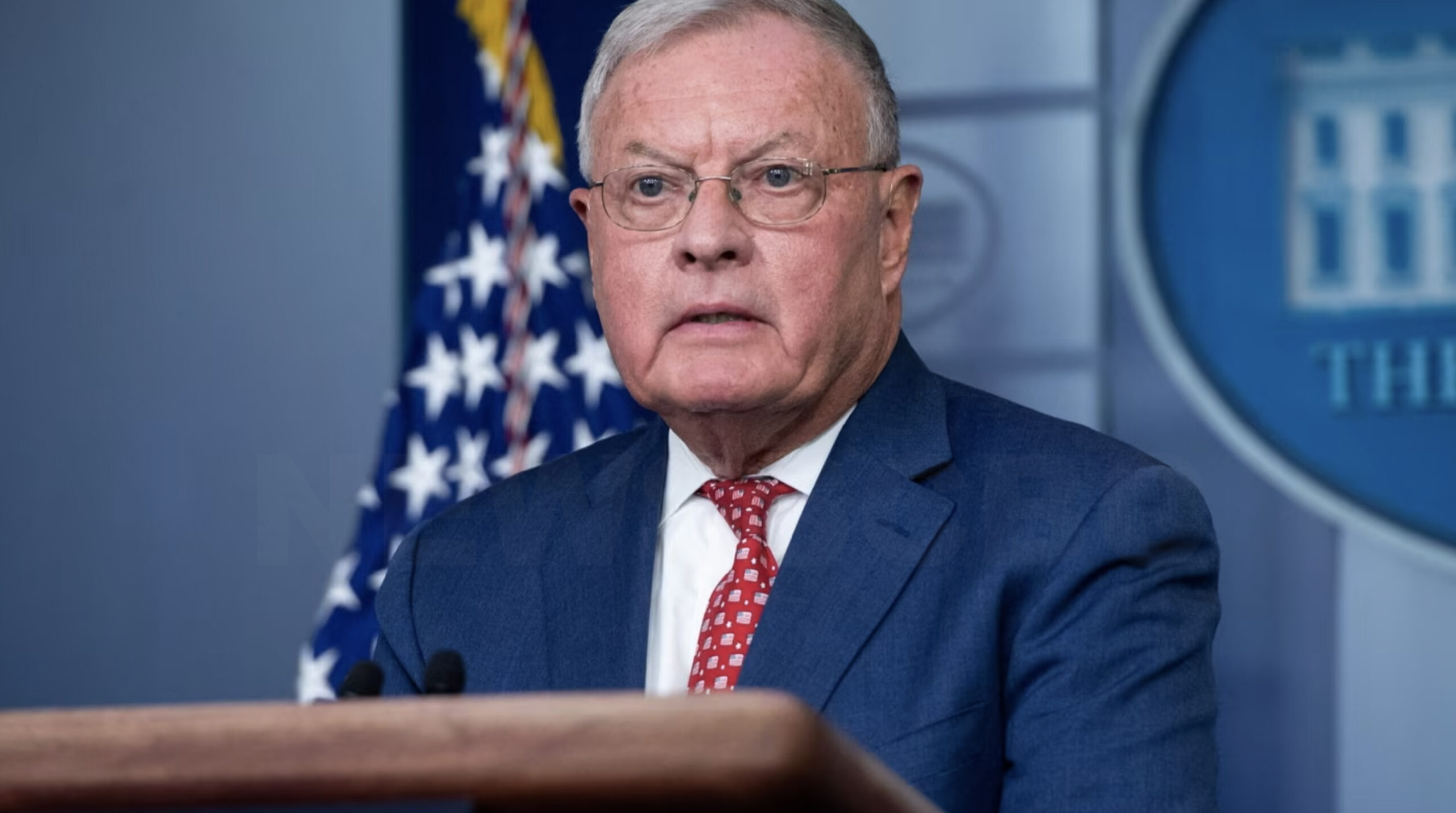Donald Trump Risks Undermining His Closing Message in the Final Days Before Election

“Kamala Harris” closed out her campaign with more formality, while the president’s rallies often devolved into his free-flowing comments and raw questions from the audience as well.
“Do you think you are better off now than you were four years ago? – said by Trump
That was the question Trump asked of audiences at each of his rallies over the past week. In those six events in battleground states, Trump gave an unplanned closing speech to divide the electorate in this tight campaign, as well as grant major interviews on conservative media.
It’s been many months since Trump and Vice President Kamala Harris went toe-to-toe, selling drastically different visions for America’s future. But with just one week to go until Election Day, both candidates are delivering curiously similar messages as they make their final pushes.
Harris spent her final weeks trying to convince a divided nation that Trump was a man who would stop at nothing to upend political norms, deserved the assault on January 6th, cultivated ties with strongmen around the world and weaponized the powers of government against his political enemies.
Meanwhile, Trump has spent his last months trying to persuade a split America that he, too, will defy political conventions, that January 6th was justified, that he seeks alliances with strongmen around the world and that he will wield federal power against his enemies.
Both parties need to persuade the country that it is right. Trump displays the same interest in message coherence.
Throughout the week, Trump conducted daily rallies in key states such as Arizona, Michigan, Georgia, and North Carolina, all of which are still in contention by either campaign, in an effort to push his message before American voters.
In recent days, however, he has consistently watched as these attempts at making such points get blown off course by the more familiar, blunt remarks that bring him the fervent applause he craves from large crowds. In these remarks, he repeatedly calls Harris stupid, calls the United States a garbage dump for the rest of the world, and, with no evidence whatsoever, insinuates that Harris is drunk or on drugs. Trump equates himself with the inventor of the paper clip, threatens to put his political opponents in jail, and swinishly speculates about the physique of the late golf legend Arnold Palmer.
A large part of Trump’s final message deals with illegal immigration-one of the major themes of his campaign. He advocates the death penalty for “any” immigrant who murders an American, will abolish sanctuary cities, seal the southern border by executive order, slash federal benefits for undocumented immigrants, and conduct massive deportations.
Trump has spoken at great length about illegal immigration, and his campaign recently invested more than $4 million in ads tying Harris to the country’s porous southern border.
In addition to immigration, Trump’s last position statement outlines his pledges to ban tip and overtime pay taxes and tax Social Security benefits. He would build a missile defense shield similar to Israel’s Iron Dome, slash energy costs in half his first year in the White House—a goal analysts say is impossible—and propose tariffs as a tool of foreign policy to penalize global enemies.
Trump has made a habit, over the years, of exalting strongmen leaders-from North Korean dictator Kim Jong Un to Russian President Vladimir Putin-as “strong and smart,” as he called them just last week. In his conversation with Rogan, he also described Chinese President Xi Jinping as “brilliant.”
Rogan replied, it seems in an attempt to steer Trump away from his praise for the strongmen: “That doesn’t mean he’s not evil, that doesn’t mean he’s not a threat.”
Trump deflected by referring to unnamed people in the United States to those leaders when saying, “In fact, we have evil people in our country.”
Also, the remarks on golf legend Arnold Palmer dominated Trump’s speech during a rally in Latrobe, Pennsylvania, on October 22nd. Palmer’s hometown also shares the honor of being labeled a critical swing state.
Advisers have told NBC News that this approach may not hurt him. The Republican Party, remade in Trump’s image, also does well on personal attacks and broad strokes policy rather than nuanced policy arguments.
When asked about Trump’s campaign closing statement, Senior Advisor Danielle Alvarez replied, “Only President Trump can fix the problems because Kamala has not been able to do it for the past four years.
Trump also claimed, in recent times, that “325,000 migrant children” have gone missing under Biden’s presidency-a figure with absolutely no basis in fact. He said countries such as the Congo are freeing their inmates to allow criminals to stream across the southern border into the U.S., a claim disputed by senior officials.
Rick Wilson, a veteran GOP strategist and one of the founders of the anti-Trump Lincoln Project, underscored the importance of a closing argument while saying that Trump’s strategy simply isn’t penetrating to apolitical voters. “You’d rather in a presidential campaign, make your best argument at the end instead of ridiculous claims like people eat their dogs,” said Wilson. That may resonate with the Republican base, but it’s no closing argument.”
Trump’s closing strategy has been dramatically different from Kamala Harris’ far more traditional campaign. What’s more, she’s been joined by recognizable celebrities at rallies and events, with messages of unity, as well, in the final weeks. She lined up a “closing” rally on Tuesday in Washington, D.C. at the same location where Trump had spoken just hours before his supporters attacked the U.S. Capitol on January 6, 2021. Harris will also use her closing speech to push forward the notion with Trump of looking ahead from him and the extremism behind January 6.
Harris’s structured campaign process is notably different from Trump’s, who has continued with his familiar, free-wheeling style as he has rallied in the final stretch. At various moments, political advisers have nudged Trump toward discussion of specific topics, only to let him shape the message however he wants. The method, if it can be called that-most are quick to describe it as “letting Trump be Trump”-has long served him well, though there are times when even some of the most loyal lieutenants wish he would maintain better focus. But Trump’s past as a former president and three-time GOP candidate has him once again inching toward becoming President, and that fact seems evident in the tenor of his recent speeches.
A perfect example came Sunday night at Madison Square Garden, the famed Manhattan arena that Trump – a native of Queens – has always dreamed of filling. – Critics panned the event for a number of speakers who used vulgar and explicitly racist language.
An hour after nearly a dozen opening speakers, including comedian Tony Hinchcliffe, who referred to Puerto Rico as “a floating island of trash,” Trump spoke. The Trump campaign ruled the comment gravely offensive and hastened to detach itself from it. In a matter of minutes, a statement arrived from senior advisor Danielle Alvarez that the joke did not reflect the sentiments of President Trump or the campaign.
Even as controversy and furor over offensive comments hijacked the attention of the world from coverage of Trump’s policy positions, it was evident the day after that Trump viewed the exchange as part of the essence of his closing argument, one he had worked on for months, and one he was proud of. Trump tweeted a photo Monday of the New York Post’s cover featuring MSG-short for Madison Square Garden.


13 thoughts on “Donald Trump Risks Undermining His Closing Message in the Final Days Before Election”